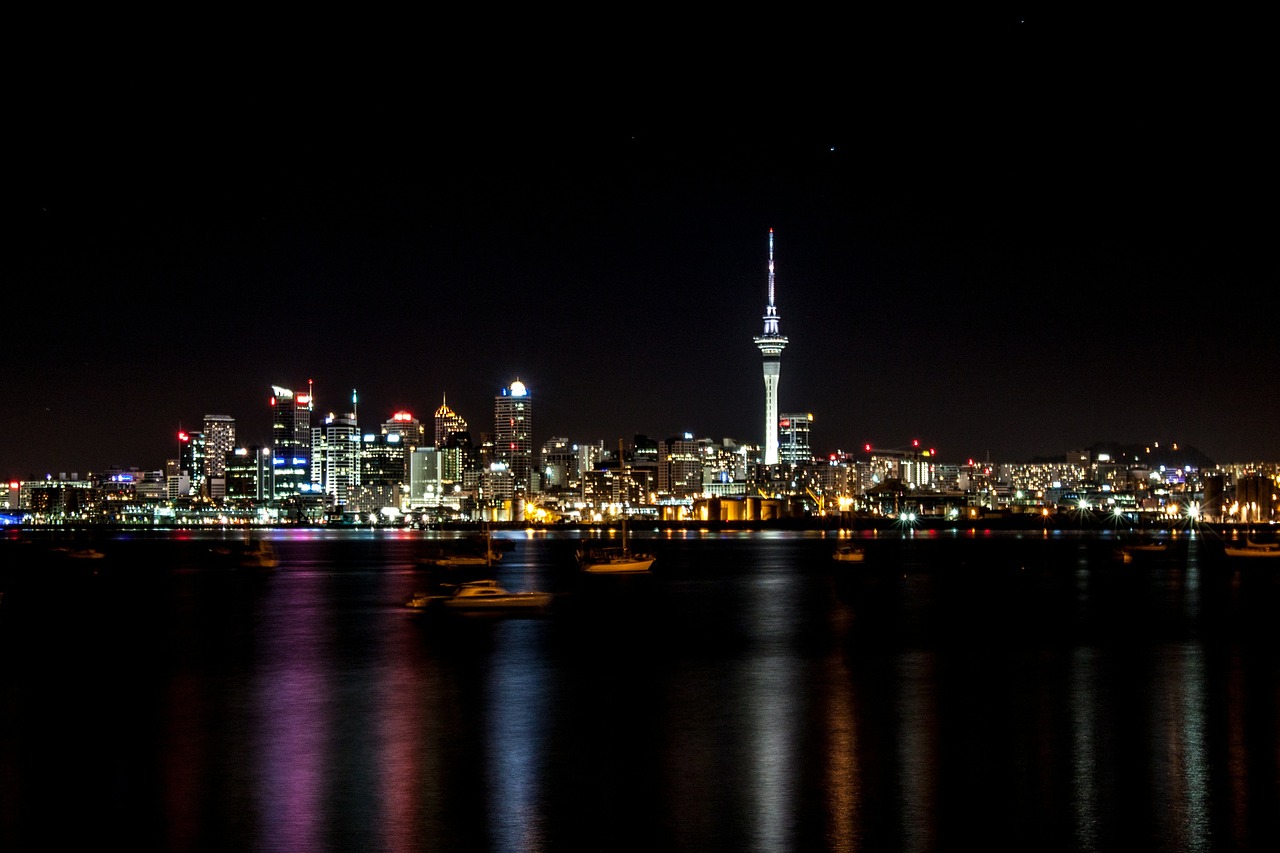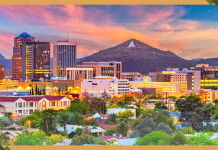Written by: Kimberly White
New Zealand lawmakers have passed landmark legislation committing to carbon neutrality. The Zero Carbon Act received substantial cross-party support and was passed nearly unanimously with 119 votes to 1.
The Zero Carbon Act is the most recent amendment to the Climate Change Response Act established in 2002. The Zero Carbon Act aims to provide a framework for New Zealand to reduce emissions and sets a target to reach net zero carbon emissions by 2050.
“This is a historic piece of legislation and is the centrepiece for meaningful climate change action in New Zealand,” said James Shaw, Minister of Climate Change. “Climate change is the defining long-term issue of our generation that successive Governments have failed to address. Today we take a significant step forward in our plan to reduce New Zealand’s emissions.”
In addition to setting a target for carbon neutrality, the bill also set targets for reducing biogenic methane emissions. The bill targets a 10% reduction in methane by 2030 and a 24-47% reduction by 2050.
The Zero Carbon Act was first developed three years ago by Generation Zero, a youth-led, non-partisan climate organization focused on solutions to reduce carbon pollution and achieve independence from fossil fuels.
“Three years ago, Generation Zero sounded the climate alarm, and all over Aotearoa, people from all walks of life, answered the call. New Zealand’s businesses, from large corporations to small start-ups, also joined their fight,” said David Tong, WWF-New Zealand Climate Change Programme Manager. “Over 215 New Zealand businesses, community groups and leaders joined the public to make their voices heard by calling for cross-party consensus. They urged decision makers to unite behind the Zero Carbon Bill. From Southland to the Far North, everyone from farmers to accountants all said- we want this. Together, we can take the politics out of climate action and get on with cutting emissions.”
“We are thrilled Parliament heard our call and passed the Zero Carbon Act. Together, they crossed party lines to unify for our environment. This means businesses and people can now work together on a stable foundation to future proof Aotearoa from the climate crisis. Together, it’s possible,” Tong added.
The Zero Carbon Act also established a Climate Change Commission, an independent advisory board charged with advising governments on how to meet New Zealand’s climate change targets.
“Some issues are too big for politics, and the biggest of all is the climate crisis we face. Our decision to create the Climate Change Commission was about protecting climate policy from political mood swings, meaning every future government can stay focused on the job at hand: to help solve climate change and make our communities cleaner and healthier,” Shaw said.
On December 17th, experts chosen for the Climate Change Commission were announced, they are: Dr. Rod Carr, Lisa Tumahai, Dr. Harry Clark, Dr. Judith Lawrence, Catherine Leining, Professor James Renwick, and Professor Nicola Shadbolt. The commissioners hail from a variety of backgrounds and are experts in climate science, adaptation, economics, agriculture, and the Māori-Crown relationship.







